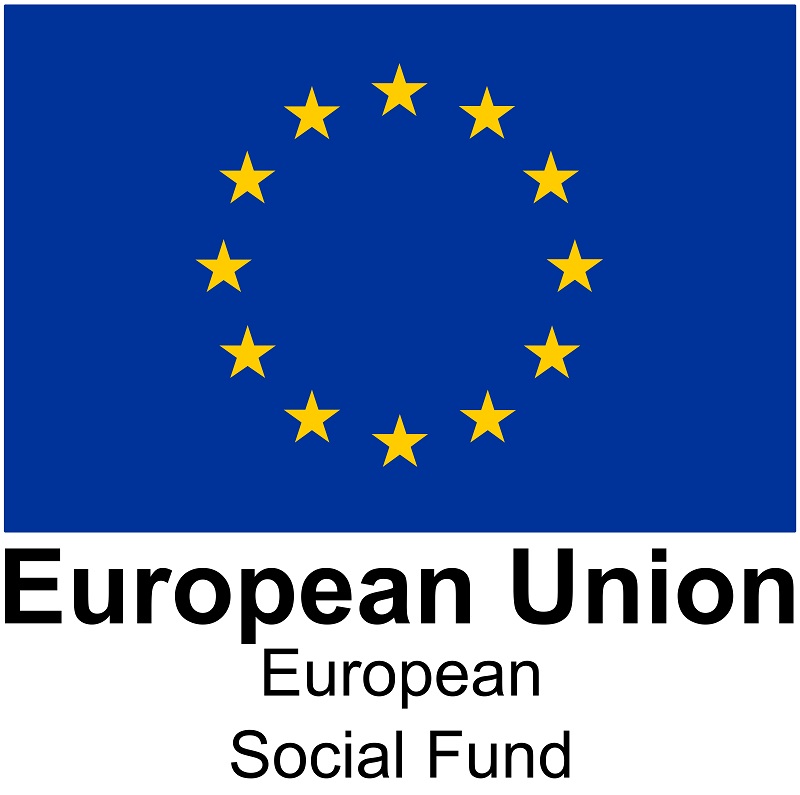Following the end of the Transition Period on 31st December, the UK has left the EU and a Trade and Cooperation Agreement confirmed on 24th December, however current European Structural Funds (ESF) are still being invested in England.
What does the agreement mean for the Third Sector?
There will be potential short-term impacts from the Trade Agreement which the sector will need to be aware of, plus considerations for future planning:
Importing or exporting goods
Zero tariffs or quotas on goods traded but changes to procedures, formalities and checks including customs and supply chains, potentially impacting flow of goods.
The end of free movement of people
Working and travelling in the EU and coming to work or live in the UK will not be as straightforward, including changes to visa or work permit requirements (in particular, for sports, arts and music professionals) and additional border checks. There will be Visa-free travel for short term tourist trips (up to 90 days in a 180-day period).
Services and Digital
Recognition of professional qualifications will be affected and likely involve negotiating with the separate member states. Business and Professional services will lose automatic right of access to the EU market, although details of financial services are still be agreed on.
Labour and Environmental standards
A non-regression clause has been agreed which is intended to prevent the UK or EU from reducing existing regulations and protections, whilst maintaining rules for fair competition.
EU Programmes
Access to existing European Funding programmes such as ESF 2014-20 is guaranteed until the programme end in 2023, detailed information about the UKSPF due to replace the programme is still be released. It has been confirmed the UK is withdrawing from the Erasmus+ programme, however, a replacement scheme is due to start in the Autumn of 2021. The ‘Third Country’ status of the UK allows for involvement in other EU Funded programmes such as Horizon Europe.
Civil Society Forum
A notable article of the agreement is the creation of a Partnership Council with sub-committees and working groups overseeing the next stages of the Brexit Process, including the recommendation of setting up a Civil Society Forum which is currently being developed
Click here to read the Summary of the full Trade and Cooperation Agreement.
Advice and tools for checking what the new rules mean for individuals and businesses is available from Gov.uk here.
If you would like to find out more about how Civil Society Involvement can help you, please contact info@civilsocietyinvolvement.com.
To receive updates from the project and latest news on European Funding, you can sign up to our newsletter by clicking here.
